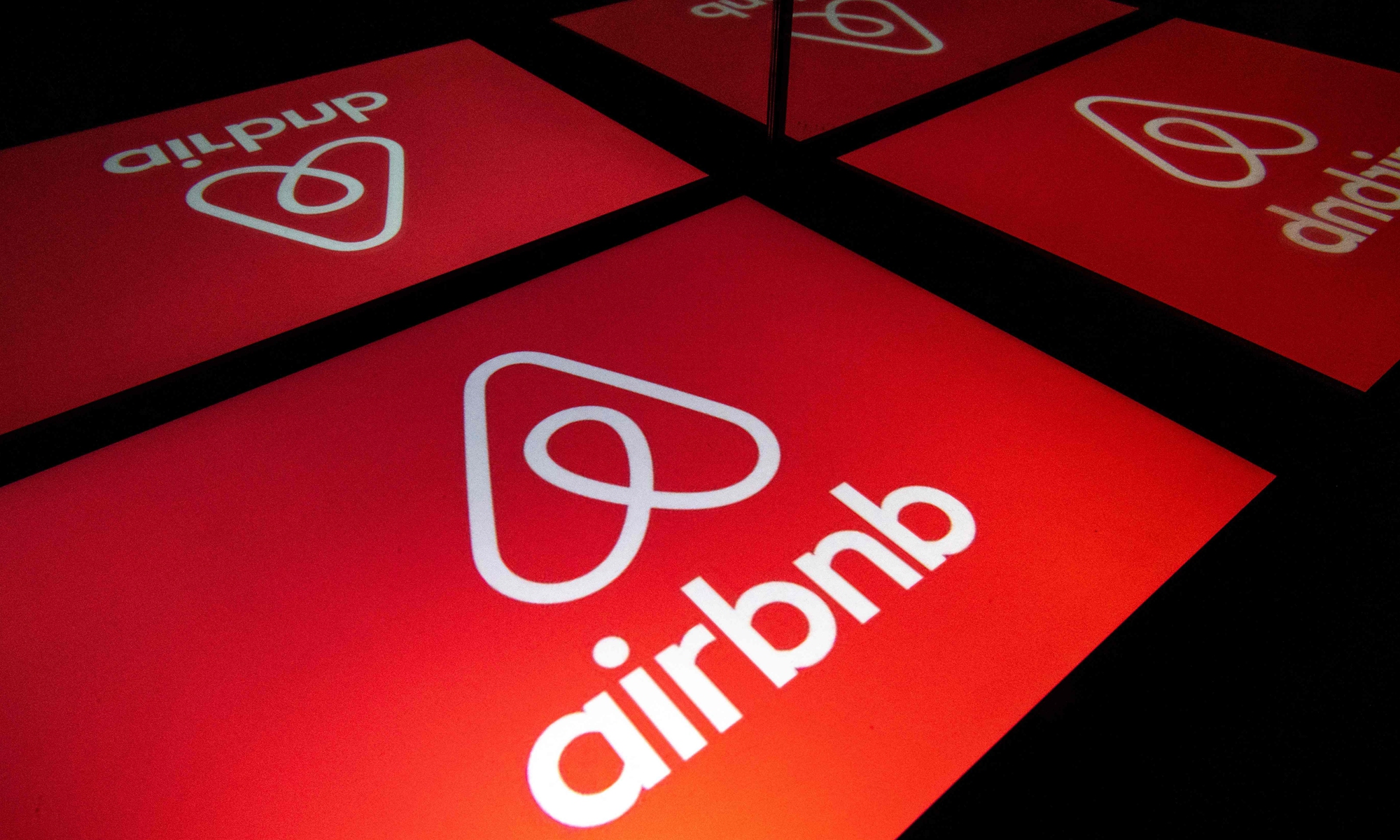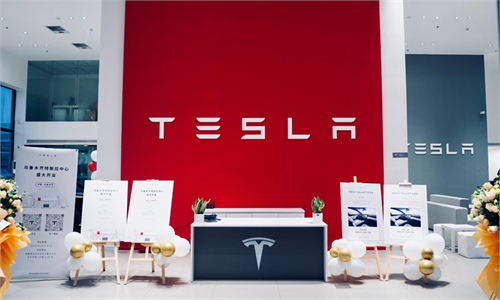
Photo:VCG
US-based home rental firm Airbnb may become the latest company after Tesla to face fire on Xinjiang-related affairs from US politicians, which experts said on Saturday shows that the US government is now the biggest obstacle for US companies to expand and make more profits.
Two US lawmakers on Friday sent Airbnb a letter asking about some of its listings of properties in Northwest China's Xinjiang Uygur Autonomous Region that are on land owned by the Xinjiang Production and Construction Group, which was hit by US sanctions in 2020. The lawmakers also said they were raising questions about Airbnb's sponsorship of the Beijing Winter Olympics that starts next month, Reuters reported.
The Global Times found on Saturday that there are still plenty of short-term rental listings in Xinjiang on the company's short-term home rental platform. For instance, in Urumqi, capital city of Xinjiang, there were more than 300 listings of properties on Airbnb. Airbnb was not available for comment on Saturday.
The unusual development of US politicians pressuring businesses reflects that the US government faces mounting domestic challenges, such as social division, while also showing Washington's confusion in positioning US-China ties and global affairs, Li Haidong, a professor from the Institute of International Relations of the China Foreign Affairs University, told the Global Times on Saturday.
The US tries to put political pressure on Tesla, Airbnb and probably other sponsors of the Beijing Winter Olympics over so-called human rights issues, in an attempt to force other US and European companies to follow its political will, but it will only be wishful thinking of some US politicians, because it not only runs counter to the demand of most companies in the world but is also against most countries' desire to develop a mutually beneficial relationship with China, Li remarked.
Tesla has recently been targeted by fierce accusations from some US politicians and industry groups who are accustomed to attacking China over "forced labor" and "genocide" after the automaker opened a showroom in Xinjiang.
In response, Chinese Foreign Ministry spokesperson Wang Wenbin said at a regular media briefing on Thursday that Xinjiang-related lies fabricated by individual countries can't obscure Xinjiang's stability, tranquility, prosperous development and religious harmony.

